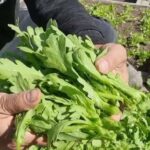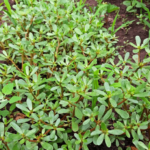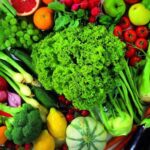## Wild Vegetables: A Foraging Guide to Nutritional Powerhouses
Purslane
Characteristics: Purslane is a succulent plant with small leaves that grow close to the ground. It is commonly found in rice fields and home gardens. This vegetable is rich in omega-3, vitamins A, C, and E, as well as minerals such as magnesium and potassium.
Benefits: Supports cardiovascular health due to its omega-3 content. Improves vision and boosts immunity with vitamins A and C. It also has antioxidant properties and promotes healthy skin.
Usage: Can be consumed raw, in salads, or cooked in soups or stir-fries with garlic.
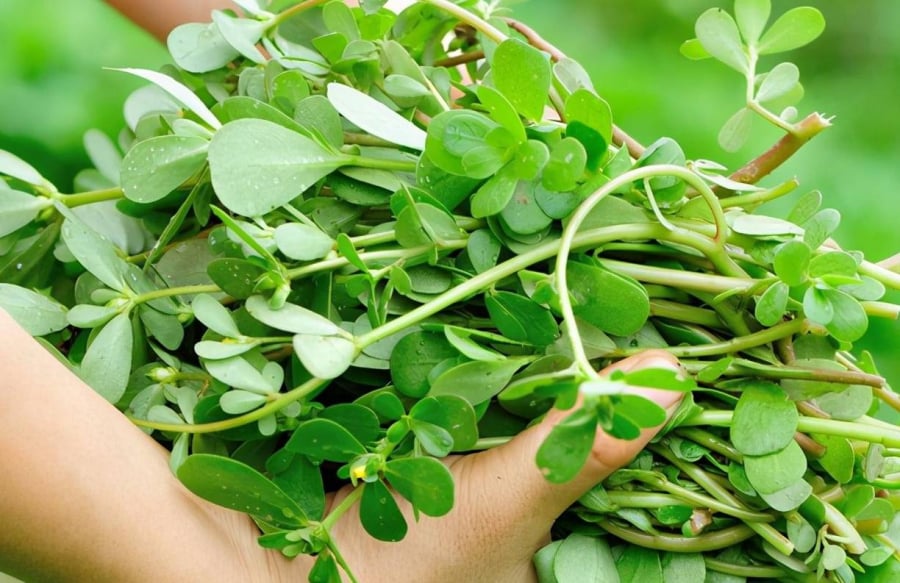
Amaranth
Characteristics: This vegetable grows wild along roadsides and vacant lots, with leaves ranging from green to deep purple.
Nutrition: Amaranth is packed with iron, calcium, vitamins A and C, and dietary fiber.
Benefits: Helps prevent anemia due to its high iron content. It also strengthens bones with its calcium content. Additionally, it aids digestion and lowers cholesterol levels.
Usage: Cook in soups, boil, or stir-fry with beef for a nutritious meal.
Centella Asiatica
Characteristics: Centella Asiatica has round leaves and grows in moist areas, often found near ponds and fields.
Nutrition: Abundant in vitamins B, C, and K, antioxidants, and minerals such as calcium and iron.
Benefits: It has cooling properties and detoxifies the body. Centella Asiatica also improves memory and reduces stress. Furthermore, it aids in wound healing and promotes healthy skin.
Usage: Drink its juice, add to salads, cook in soups, or enjoy with hot pot.
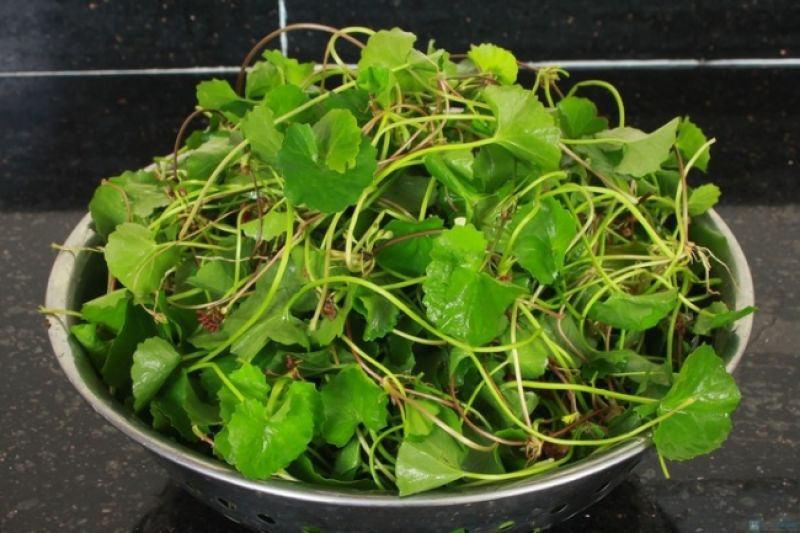
Chrysanthemum Greens
Characteristics: Chrysanthemum greens have serrated leaves with a mild fragrance and grow in moist areas near streams.
Nutrition: Rich in vitamins A, C, and K, iron, and dietary fiber.
Benefits: Supports digestion and reduces bloating. It also improves vision and bone health. Additionally, it has anti-inflammatory properties and is beneficial for those with flu symptoms.
Usage: Cook in soups, enjoy in hot pots, or consume raw.
Dandelion Greens
Characteristics: Dandelion greens have long, serrated leaves and bright yellow flowers. They grow in meadows and along roadsides.
Nutrition: Packed with vitamins A, C, and K, calcium, iron, and antioxidants.
Benefits: Supports liver function and detoxification. Boosts immunity and reduces inflammation, which is beneficial for joint pain.
Usage: Dry the leaves to make tea, or use fresh in salads and soups.
Precautions When Consuming Wild Vegetables
Harvest from clean areas: Avoid polluted areas, roadsides, or places where pesticides are sprayed.
Wash thoroughly: Soak in a dilute salt solution to remove dirt and bacteria.
Proper preparation: Some vegetables need to be cooked to reduce bitterness or eliminate undesirable substances.
Consult a doctor: If you have allergies or are taking medication, exercise caution when consuming wild vegetables.
These wild vegetables are not only easily accessible but also offer a wealth of nutritional benefits. Incorporate them into your daily meals and experience the positive impact on your health!
The Ultimate Dip: A Crispy, Sweet Veggie Delight that Nourishes Your Lungs and Liver.
This vegetable is a favorite among home cooks for its tender texture and versatility in the kitchen. Its mild flavor and ease of preparation make it a healthy and convenient option for meals. However, its strong and distinctive odor can be off-putting to some, which may be a deterrent for those with sensitive palates.
The 4 Most Refreshing Drinks to Cool You Down This Summer
During hot weather and high temperatures, it is important to stay hydrated by drinking plenty of fluids. Ensure you drink water regularly and frequently, without waiting until you feel thirsty. Apart from water, consume fruit juices, vegetable juices, and broths known for their cooling and hydrating properties to beat the heat.
























